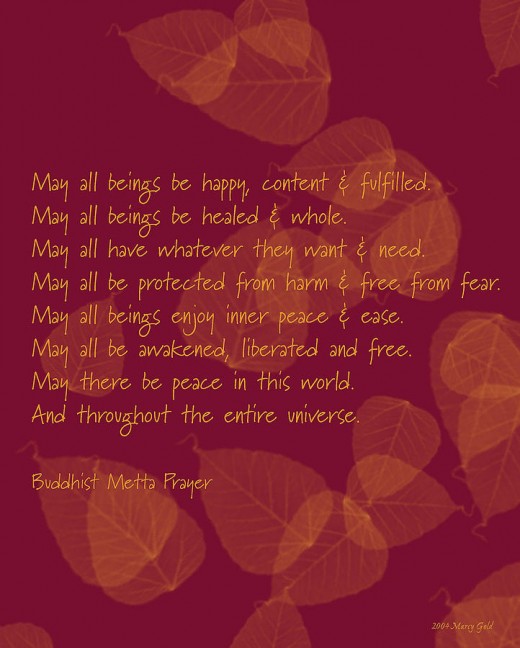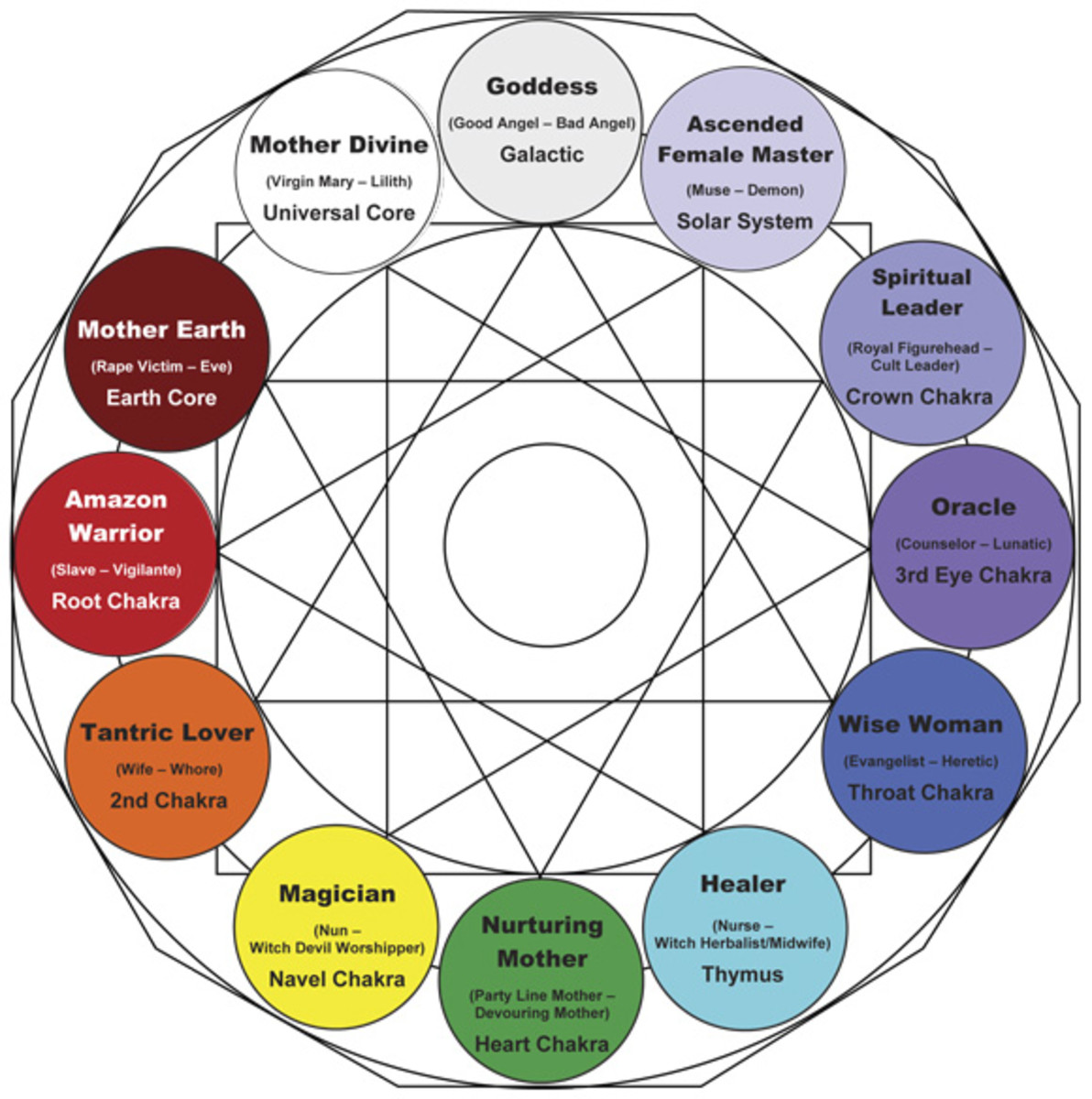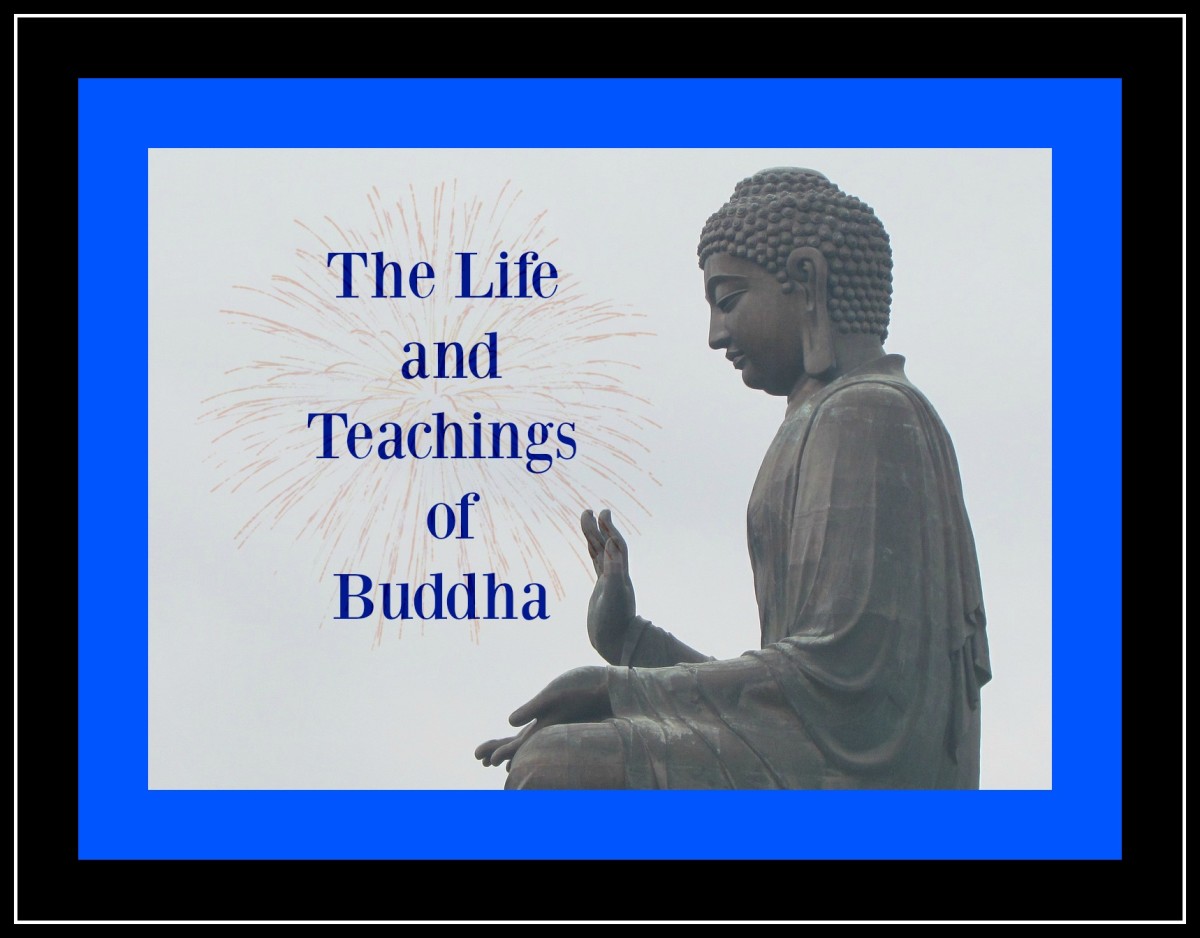Tools For Suffering: The Four Sublime States
Suffering affects us all. We suffer from the day we are born and even inside our mothers womb during pregnancy A way that we can counteract our suffering is by cultivating the Four Sublime States. What are the Four Sublime states and how can we practice them? In Buddhism the Pali translation for The Four Sublime States is Brahma Viharas. Pali was the language of the Buddha. Brahma translates as noble and Viharas translates as abiding. When the two are put together you get noble abiding or living. Those who practice the Brahma Viharas are said to be abiding the noble way. The Four Brahma Viharas are loving-kindness and friendliness translated to metta, compassion translated to karuna, sympathetic joy translated to medita, and equanimity translated to upekkha. They are the meditative states, thoughts, and actions to be cultivated in Buddhist meditation. They are the positive emotions and states that are productive and helpful to anyone of any religion or even to the one with no religion. Directing thoughts to joy, compassion, equanimity, loving- kindness and meditation aiming towards the sublime states will help cultivate and develop sublime states.
Metta is a love that is free from attachment and free from a romantic type of love. It spreads to all without discrimination including oneself. Metta is a soft rain that touches everyone, a strong wish for the well-being of others. It gives without wanting anything in return. Bring metta into our deeds, thoughts, and words will bring about peace and happiness within ourselves. The Buddha taught this as an antidote to fear. It is also an antidote to ill will and anger. Other benefits of metta are building stronger relationships with friends, family and strangers. What are some way that we can practice and cultivate metta? We can practice meditation on metta. To start find somewhere quiet with little distractions around. Sit comfortably with our legs crossed and spine erect. Use a meditation cushion or pillow to sit on We can also sit in a chair if sitting cross legged is not comfortable. From there close your eyes, tilt your head slightly down and start to focus your attention on your breath. You may pay attention to the rise and fall of your chest, the sensation of the air flowing in and out of your nose, of the rise and fall of your navel. Which ever grabs your attention the most. Once concentrated and free from distractions recite:
May I be peaceful and light in body and spirit
May I be safe and free from harm
May I be free from anger, anxiety, fear and all afflictions
May I be liberated, enlightened and free
Once you have said this verse a few times recite it with he, she and they. Try doing this practice for ten minutes to start with and increase the time by 5 minutes each week.
The next sublime state or Brahma Viharas is Karuna for compassion. Compassion includes empathy. Compassion is non-judgemental which sees the suffering of all including our own and sees it as deserving tenderness and care. Its an open heart that cares for everyone. Put yourself in others shoes and have empathy. Practicing will bring happiness into our hearts.
To practice we can use a ritual every morning by the Dalai Lama.
Dalai Lama: “Today I am fortunate to have woken up, I am alive, I have a precious human life, I am not going to waste it. I am going to use all my energies to develop myself, to expand my heart out to others, to achieve enlightenment for the benefit of all beings, I am going to have kind thoughts towards others, I am not going to get angry or think badly about others, I am going to benefit others as much as I can.” Then, when you’ve done this, try one of the practices below.
We can also meditate on empathy, and taking the pain of others. Wish for others to be free of their suffering. We should have compassion for everyone knowing that just like us they wish to have happiness and wish not to suffer.
Mudita is the next sublime state, which mean sympathetic joy. Mudita strengthens our ability to feel joy and happiness. This kind of joy is the recognition that others happiness is not separate from our own. We rejoice in the happiness of others. Its is an antidote to resentment, envy and jealousy. Mudita is a very positive attitude. To practice this we can wish ourselves joy and then wish others joy in meditation. We can also be happy for the accomplishments or states of joy in others.
Equanimity or upekkha is having a calm, tranquil frame of mind which is not deluded or afflicted. We do not distinguish friend, enemy, or stranger but regard everyone as equal. The opposite of equanimity anxiety, distress, and paranoia. Equanimity allows one to be fully present during times of difficulty where there may be aversion or craving. Vipassana meditation is a good way to cultivate equanimity. To do this meditation we simply notice the arising and passing of sensations, thoughts and intentions. Focus on your breath and when something calls your attention pay attention to it. When it no longer has all of you attention bring your attention back to the breath. It could be a mental formation that arises, a feeling in the body, or a sound. You could also do a scan of your body from head to toe. Your head, eyes, neck, arms and so on.
Meditative practice can help calm the mind in dealing with the irritations of life that make it difficult to maintain loving-kindness, compassion, joy, equanimity in our thoughts, speech and actions. When the mind is primarily influenced by the sublime states the mind tends to have less aversion, irritation, and anger. reflecting on the sublime states and aversion, hatred, irritation help us see the harm of aversion and the benefits of the sublime states. If the mind ponders anger, resentment, depression or any other afflictions that will be the inclination of the mind. If the mind ponders loving-kindness, joy, compassion and equanimity that will be the inclination of the mind.


Connecting With Nature
Open like the sky
Pervasive like the earth
Unshakable like a mountain
Shining like a flame
Lucid like a crystal

May all sentient beings have happiness and its causes,
May all sentient beings be free of suffering and its causes,
May all sentient beings never be separated from bliss without suffering,
May all sentient beings be in equanimity, free of bias, attachment and anger

-
This morning I wake
24 brand new hours before me
I vow to live fully in each moment
and look at all beings with eyes of compassion








